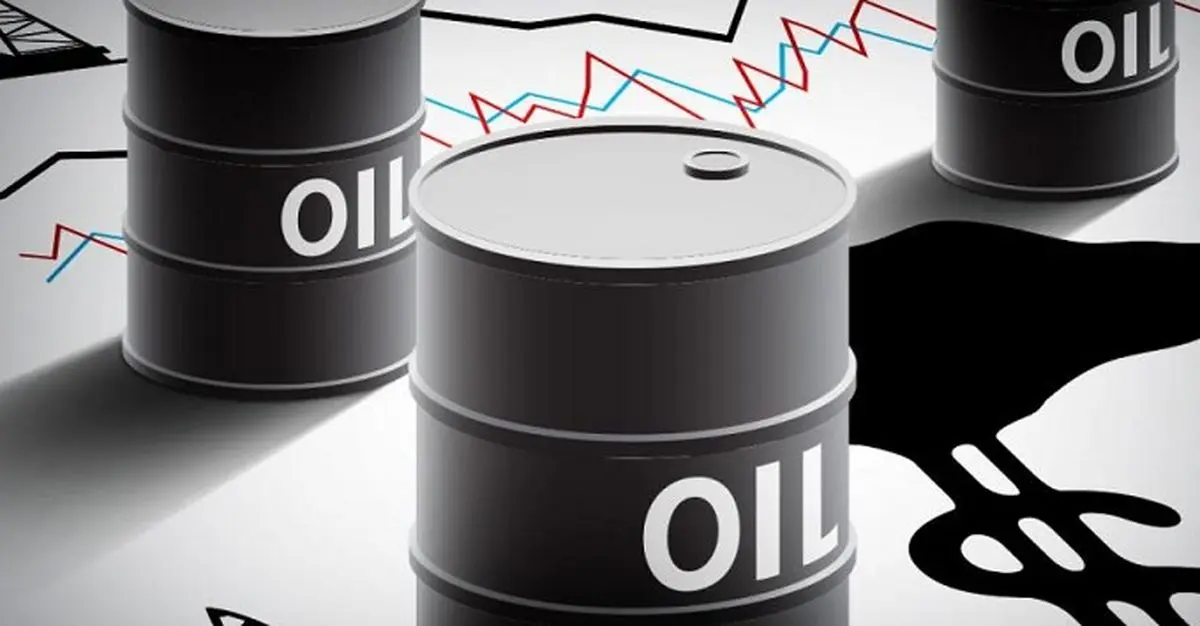Oil price declines extend amid OPEC+ uncertainty, COVID-19 spread

Oil prices retreated Dec. 1 amid uncertainty surrounding an expected extension of OPEC+ production quotas after the group delayed its meeting to Dec. 3.
OPEC is hoping a couple of days away from the market's glare will allow cooler heads to prevail and rescue a deal to extend production cuts that analysts say is needed to prevent an oil glut in the months ahead.
Disagreements—at times vehement, according to sources—between Saudi Arabia and the UAE over how quotas will be managed and enforced led to a breakdown of formal OPEC talks on Nov. 30, and a meeting with Russia and other partners scheduled for Dec. 1 has now been pushed back by two days.
"The latest spat between Saudi Arabia and the UAE raises the risk of taking the energy market off the path towards rebalancing," OANDA senior market analyst Edward Moya said in a note. "The UAE resistance to delaying the output hike was not expected and will likely force OPEC+ to have production discussions become a monthly event."
NYMEX January RBOB settled 2.12 cents lower at $1.2204/gal, and January ULSD was down 2.41 cents at $1.3473/gal.
OPEC delegates had said the framework of a three-month extension favored by kingpin Saudi Arabia and several other members had been reached, but a deal has been held up by the UAE's insistence that quota-busting countries be held to account with so-called compensation cuts that have to date been largely unenforced, except on itself.
Without an extension agreement, the OPEC+ curbs are scheduled to ease from the current 7.7 million b/d to 5.8 million b/d from January, which many analysts have said could overwhelm the market given the recent surge in crude production from quota-exempt Libya.
END
